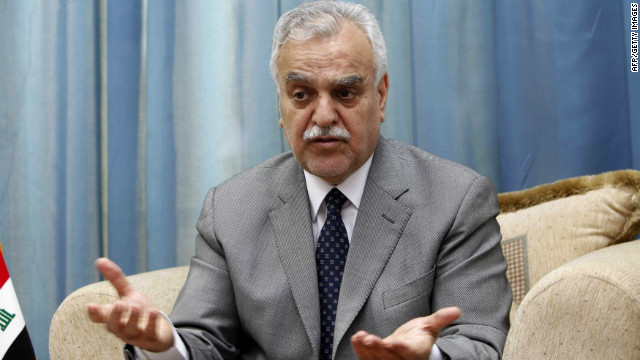By Greg Donaldson
Impunity Watch Reporter, Asia
DHARMSALA, India — More than thirty-three Tibetans have set themselves on fire in recent protests against the Chinese government. The Tibetans believe the Chinese government is attempting to destroy their identity and force Tibetans to conform to the culture the government has established.

The protests and self-immolations began in China but now have spread to the nearby country of India. Many Tibetans who have been exiled from China reside in India.
Since last Monday two Tibetans have died from setting themselves on fire in India. The self-immolations came in protest of the visit of Chinese President Hu Jintao’s to India to attend an economic summit. Each protestor set themselves on fire and then ran to a public place where they could be heard protesting the Chinese government. Both demonstrators were rushed to the hospital after the fires were extinguished but each died in local hospitals.
The first demonstrator, Jamphel Yeshi, set himself on fire last Monday. By Tuesday afternoon more than two-hundred supporters marched through the city center of Dharamsala, India proclaiming Mr. Yeshi a martyr. The supporters carried Tibetan flags and posters with several images of Mr. Yeshi’s body on fire.
Tenzing Namdak, a man who participated in the Tuesday march told reporters that Mr. Yeshi “self-immolated for the cause of Tibet.” He continued “all the Tibetans have tried so many ways to get the attention, and somebody had to take the lead.”
The march continued throughout the upper part of the city with the crowd chanting “What do we want? Freedom!” “United Nations , please support us.” “Stop the killing.”
The second demonstrator, Lobsang Jamyang, gave three messages to a friend he dined with before self-immolating himself. The first message was that Tibetans in his village should work hard to preserve their language against the onslaught of Mandarin. The second message was that a couple in his village should reunite after being recently divorced. The third message was that Tibetans should be strong against China and not be cowards.
China’s crackdown seems to have created a sense of nationalism among the Tibetans. Kelsang Nyima, who left Tibet in 1998 and recently returned, to his Tibetan village in China, said he “can strongly feel the growing sense of nationalism among Tibetans. It is a huge change.”
Each Wednesday across the Himalayan plateau, Tibetans wear traditional dress, only speak in Tibetan, and avoid purchasing from shops run by Han Chinese.
The government controlled newspaper, The China Daily, has proposed a solution for the Tibetans: “embrace the goodwill of the Chinese government.”
For more information please see:
Boing Boing – Tibet is Burning: Exiles Mourn Latest String of Self-Immolation Suicide Protests – 2 April 2012
News Track India – Tibetan Exiles Mourn Recent Self-Immolation Incidents – 1 April 2012
Washington Post – Self-Immolations Reflect Rising Tibetan Anger – 1 April 2012
New York Times – Tibetan Exiles Rally Around Delhi Self-Immolator – 28 March 2012


